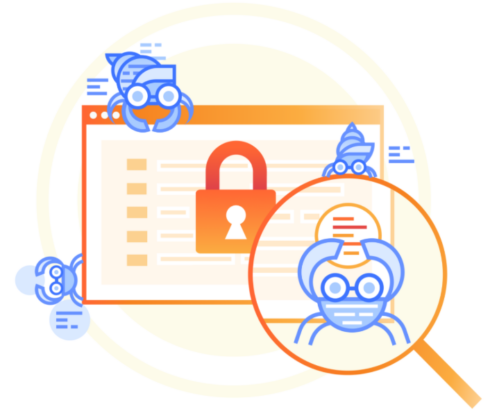
Cloudflare now blocks AI crawlers by default, introduces pay per crawl model
Last year, Cloudflare introduced a setting that allowed website owners to block AI crawlers. Now, the company is announcing that this setting will now be the default rather than a user needing to switch it on.
The company explained that by switching to a permission-based model, it is eliminating the need for content owners to manually configure settings in order to opt out.
Additionally, Cloudflare is experimenting with a pay per crawl model (in private beta) for content owners to monetize content that is being used to train AI.
When an AI crawler requests content, it will be prompted to pay or will receive an HTTP response code 402 error message.
Perplexity launches Max subscription
Perplexity Max costs $200/month and includes everything that the $20/month Pro subscription comes with, in addition to an unlimited number of Labs, early access to new features, advanced model options like OpenAI o3-pro and Claude Opus 4, and priority support.
“Perplexity Max is our most advanced subscription tier yet, built for those who demand limitless AI productivity and immediate access to the newest products and features from Perplexity. With Perplexity Max, you can reach the maximum power of your curiosity,” the company wrote in a post.
Microsoft launches Awesome GitHub Copilot Customizations repo
This is a repository that includes custom instructions, reusable prompts, and custom chat modes created by the community.
Already, the repo includes custom instructions for Angular best practices, .NET MAUI components and application patterns, Python coding conventions, and more. Some examples of reusable prompts include transforming Python scripts into beginner-friendly projects, creating GitHub Issues for feature requests, and analyzing Azure resources an app is using. And finally, some of the chat modes include a debug mode, planning mode, and database admin mode.
The repo is constantly being updated with new additions from the community, so Microsoft is encouraging further contributions.
Gartner: More than 40% of agentic AI projects will be canceled in the next few years
Gartner recently revealed a new report where it predicted that by the end of 2027, over 40% of agentic AI projects will be canceled. Factors contributing to this decline include escalating costs, unclear business value, and inadequate risk controls.
According to the analyst firm, one trend it is seeing is that vendors are hyping up AI agents by “agent washing,” or rebranding existing products like AI assistants, RPA, or chatbots without actually adding substantial agentic capabilities.
The company estimates that of the thousands of agentic AI vendors out there, only about 130 of them are real and delivering on their promises.
BrowserStack launches suite of AI agents
BrowserStack AI agents are integrated throughout the testing life cycle, helping teams accelerate release cycles, improve test coverage, and boost productivity.
The initial release includes five agents: Test Case Generator Agent, Low-Code Authoring Agent, Self-Healing Agent, A11y Issue Detection Agent, and Visual Review Agent. There are over 20 other agents in development as well.
“We mapped the testing journey to identify where teams spend the most time and manual effort, and reimagined it with AI at the core,” said Ritesh Arora, CEO and co-founder of BrowserStack. “Early results are game-changing, our Test Case Generator delivers 90% faster test creation with 91% accuracy and 92% coverage, results that generic LLMs can’t match.”
Microsoft creates small language model for changing Windows settings
Mu powers Microsoft’s Settings agent by mapping natural language inputs to Settings function calls.
It runs directly on the devices using the Neural Processing Unit (NPU) on Copilot+ PCs, and was designed with NPU constraints in mind, such as parallelism and memory limits.
The agent that Mu powers is available currently to Windows Insiders in the Dev Channel using Copilot+ PCs.
Mirantis reveals Lens Prism, an AI copilot for operating Kubernetes clusters
With Lens Prism, developers will be able to use natural language to troubleshoot and operate their Kubernetes clusters.
Developers can ask questions like “What’s wrong with my pod?”, “How much CPU is this namespace using?” or “Is anything failing in my cluster?”
Lens Prism will then respond with insights gathered from kubectl output, metrics, logs, and the current view in Lens Desktop, and will generate commands that are ready to be run.
Amazon creates new generative AI model for its robots
DeepFleet was designed to act as an intelligent traffic management system for Amazon’s fleet of robots. According to the company, the model coordinates all of the robots’ movements and optimizes how they navigate through fulfillment centers.
The model was able to improve the travel time of Amazon’s robotic fleet by 10%, translating to faster delivery times and lower costs for customers.
Read last month’s announcements here.






